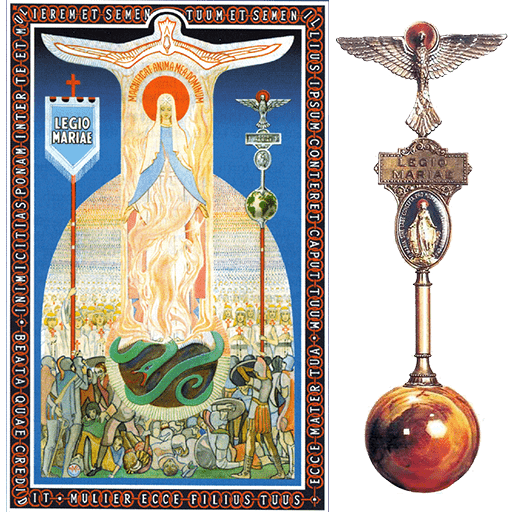The Christmas Season
At this time we look back to the greatest event that ever happened on this earth, the coming of its Creator. While we cherish the blessings he has brought, we look forward to his coming again. We, first of all, recall how the great God took to himself a human body and soul and lived as a man among men with all the powers and limitations of a human being, sin alone excepted. He called himself ‘the Son of Man’. He became a member of the Fallen Race and freely experienced in his own Person the worst that men could do.
‘For centuries before he came prophet after prophet was in his high tower, looking out for him through the thick night and watching for the faintest glimmer of the dawn. “I will stand upon my watch,” says one of them, “fix my feet upon the tower and I will watch to see what will be said to me. For, as yet, the vision is far off . . .” ’ (J.H. Newman).
And when at last the Messiah came what a mixed reception! The prologue to the Fourth Gospel sums it all up. First it speaks of his pre-existence. ‘The Word was God.. all things came into being through him, and without him not one thing came into being’. Then comes the mystery of human free will: ‘He was in the world and the world came into being through him, yet the world did not know him. He came to what was his own, and his own people did not accept him’. St. John, the disciple of love, burning with love for his Divine Master indignantly notes the treatment our Lord received at the hands of those who had received so many benefits from him.
But then there is the other side of the coin: ‘But to all who received him, who believed in his name, he gave power to become children of God’ (JN 1:1-12). In his first letter John writes: ‘See what love the Father has given us that we should be called children of God; and that is what we are’ (l JN 3:1).
For many that privilege has been theirs from birth. For others it comes later. We can all say with Newman, ‘what joy and thankfulness should be ours that God has brought us into the Church of his Son; to have hope there and heaven hereafter, to be on the mount with Christ, while the poor world is guessing and quarrelling at its foot’. But you and I have a duty towards that ‘poor world’. A Christian is one to whom God has entrusted the care of his fellow men. God loves them all and wants to share his own happiness with them. He counts on the help of baptised believers.
Two obligations stem from our Baptism: to seek holiness and to do apostolate. The supernatural life received in Baptism requires to be preserved and developed. Not to advance is to fall back. ‘You, therefore, must be perfect,’ says Jesus, ‘as your heavenly Father is perfect’ (Mt 5:48). We seek perfection by seeking that which is perfect, God. The acts which are required for preservation and development are the acts that make us conformable to Christ, summed up in a childlike submission to the Heavenly Father. Jesus said ‘I seek to do not my own will but the will of him who sent me’: ‘I always do what is pleasing to him’ (JN 5:30, 8:29). In this we try to identify ourselves with our Blessed Lady. ‘All of holiness consists in the love of God and all of the love of God consists in the doing of his will’ (St. Alphonsus Liguori).
The love of God involves love for all those whom he loves. Hence the duty of apostolate. The three elements of apostolate in order of importance are first, prayer, then atonement and, in the third place, action. Our faithful adherence to the Legion system in letter and spirit takes care of all these three elements.
We know that no matter what difficulties confront us we are on the winning side. We look forward in joyful hope to the second coming and the glorious triumph of our Saviour. But in the meantime, there is work to be done and we are accountable for it. If we are neglectful, unbelievers and sinners, whom we could contact, would not be contacted. Every day God and his laws are being defied or ignored and souls lost. Great parts of the world are there to be evangelised or re-evangelised. In parable after parable, our Lord speaks of servants and others, some diligent, some negligent. The master or owner’s return is sudden and unexpected, for the day and the hour are not known. For each of us the day of reckoning comes at the hour of death. Of course, God measures intentions, not results; we will be judged according to our perfection and not according to our production.
The great Pope Pius X1 confronted three powerful ideologies in his day: Communism, Nazism and Fascism. He once uttered words, which perfectly apply to the rampant secularism of our time: ‘Good and evil’, he said, ‘are locked in a gigantic struggle. One should be proud to play a part in this tremendous conflict’.
